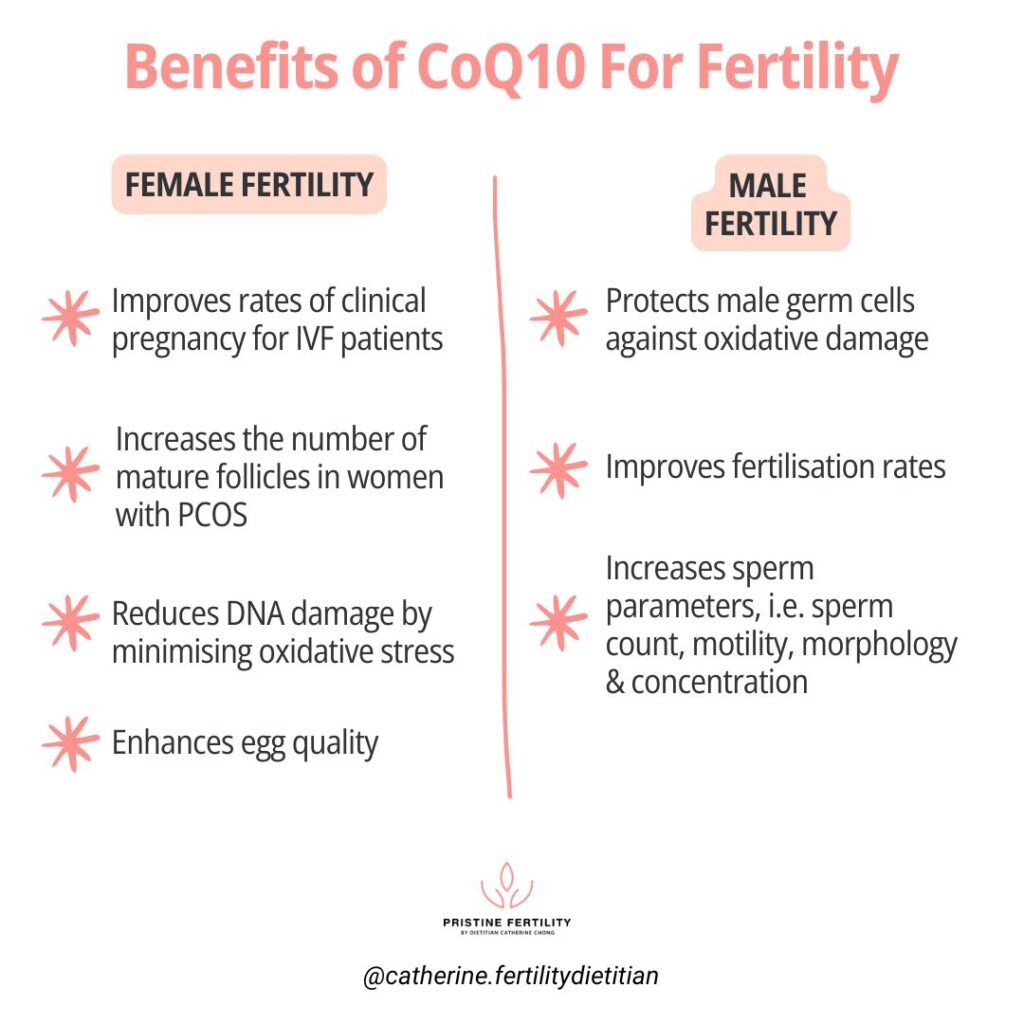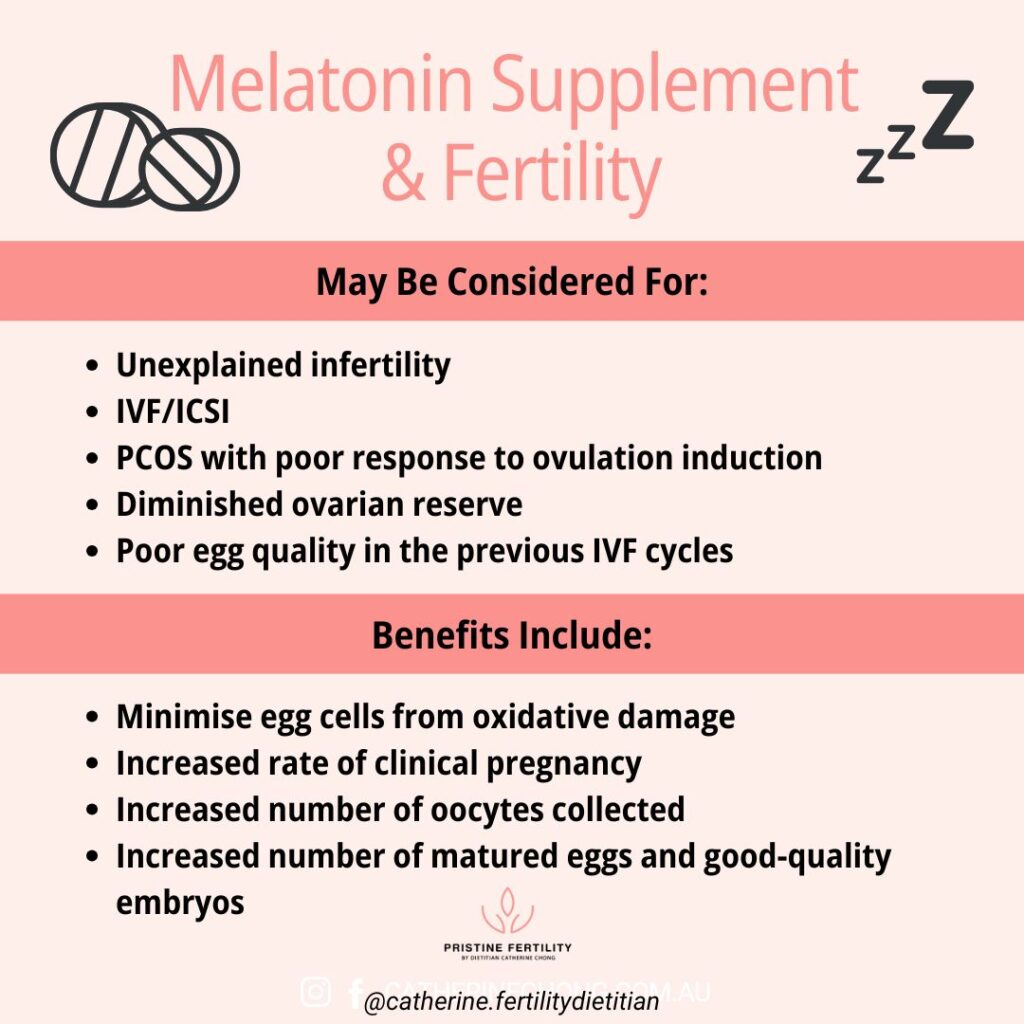Egg Quality Supplements for Improving Fertility
Egg quality is a critical factor in fertility, especially for those actively trying to conceive or planning for a future pregnancy. As we age or face specific fertility challenges, supporting egg quality becomes even more important for increasing the chances of conception and a healthy pregnancy.
While certain essential supplements can help protect and potentially enhance egg health, it’s essential to note that no method guarantees improved egg quality. However, incorporating these research-backed supplements can provide targeted nutritional support along your fertility journey, creating a solid foundation to give your body the best possible chance.
This blog shares three top supplements that may help support egg quality and positively support overall fertility.
What Is Egg Quality and Why Is It Important?
Egg quality refers to the health and viability of a woman’s eggs, mainly focusing on the egg’s chromosomal integrity. High-quality eggs have the correct number of chromosomes, essential for a successful conception and healthy pregnancy.
When an egg has an abnormal number of chromosomes, known as “aneuploidy,” it significantly increases the risk of implantation failure, miscarriage, or genetic abnormalities in the baby.
As women age, particularly after age 35, the likelihood of aneuploidy in eggs rises. This means that even if ovulation and fertilisation occur, the chances of a healthy embryo forming decrease, making it more challenging to conceive and carry a pregnancy to term. Age-related egg quality decline is one of the most common fertility issues, alongside a low ovarian reserve, which refers to a reduced number of available eggs.
While there’s no guarantee that egg quality will improve, certain egg quality supplements may support overall egg health and slow down ovarian aging.
Here Are the Top 3 Egg Quality Supplements to Consider:

1. CoQ10: Enhancing Egg Quality and Fertility
CoQ10, or Coenzyme Q10, is a naturally occurring compound found in every body cell, playing a pivotal role in energy production and acting as a powerful antioxidant. One of CoQ10’s most essential functions is to support mitochondrial health. Mitochondria are the cell’s “powerhouses,” crucial for energy production. In egg cells or ovum—the largest cells in the human body—energy demands are exceptionally high, especially during ovulation and fertilisation.
A recent meta-analysis of 20 randomised clinical trials with 2,617 participants highlighted the significant impact of CoQ10 on fertility in women experiencing ovarian aging. The study found CoQ10 to be especially effective, significantly increasing the number of retrieved oocytes and high-quality embryos, reducing the dose required for ovarian stimulation, and improving clinical pregnancy rates compared to other antioxidants and placebo. Notably, CoQ10 showed particular benefits for women under 35 with diminished ovarian reserve.
Consulting a fertility dietitian can help you source the highest quality form of CoQ10 and determine the ideal dosage tailored to your unique fertility needs.
2. NAC: An Emerging Ally for Egg Quality Supplements
N-acetyl cysteine (NAC) is a promising egg quality and fertility support supplement. Known for its powerful antioxidant and anti-inflammatory properties, NAC enhances glutathione levels, a major antioxidant that protects cells, including eggs, from oxidative damage, particularly in patients with endometriosis.
In one study involving 120 endometriosis patients, NAC supplementation for three weeks resulted in an 86.5% pregnancy rate among those desiring conception. However, the percentage diagnosed with infertility was unclear. Another study observed improvements in fertility outcomes and inhibition of endometriosis progression, with NAC reducing the size of endometrial cysts, lesion volume, and number.
These findings highlight NAC’s potential to enhance oocyte quality by reducing oxidative stress markers and supporting a healthier reproductive environment. However, further research is needed to confirm these effects consistently across varying treatment conditions.
Another recent study explored the impact of NAC on IVF outcomes for women of advanced age. Of 200 participants, half received NAC supplementation for 45 days. Findings showed that NAC reduced the medication needed for ovarian stimulation and significantly increased the number of high-quality blastocysts. NAC also boosted glutathione levels, an essential antioxidant in the follicular fluid, although it did not affect mitochondrial DNA levels.
While pregnancy rates were similar between groups, the study suggests that NAC can improve egg quality and response to IVF treatments in older women. Further research is recommended to confirm these results.
3. Melatonin
Melatonin serves as a guardian against oxidative damage. This hormone, produced in the pineal gland, has several jobs, including regulating our circadian rhythm, maintaining cell function, and supporting our energy levels. It acts as a scavenger, protecting cells from free radicals that cause oxidative stress.

Melatonin treatment, such as oral supplementation, has significantly increased the number of collected oocytes, matured oocytes, and embryo quality. Multiple studies show that melatonin supplementation significantly boosts clinical pregnancy rates in assisted reproductive treatment cycles.
As always, consult with your fertility specialist and dietitian before starting any supplement, including Melatonin, to ensure its safety and appropriateness for your needs.
Bottom Line
- CoQ10: Supports egg quality by optimising mitochondrial function; enhances IVF outcomes by improving oocyte quality and embryo development.
- NAC: Boosts glutathione levels, reduces oxidative stress, supports hormone balance and egg quality, and particularly benefits women with endometriosis.
- Melatonin: Acts as a potent antioxidant; improves oocyte quantity, maturity, and embryo quality in ART cycles while protecting against ovarian aging
